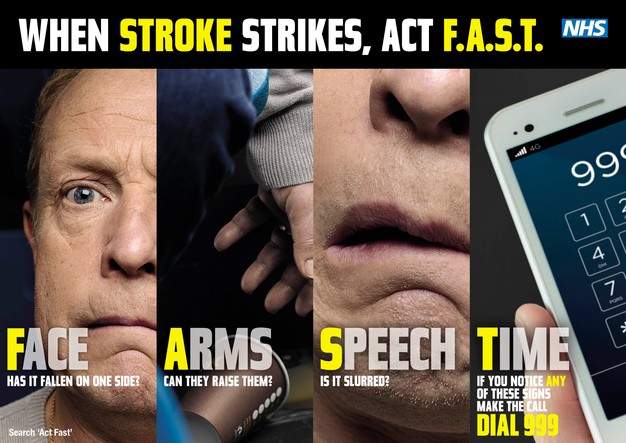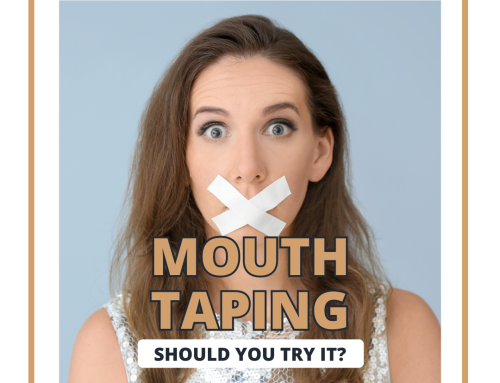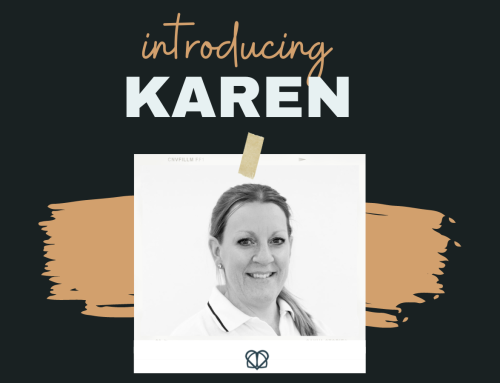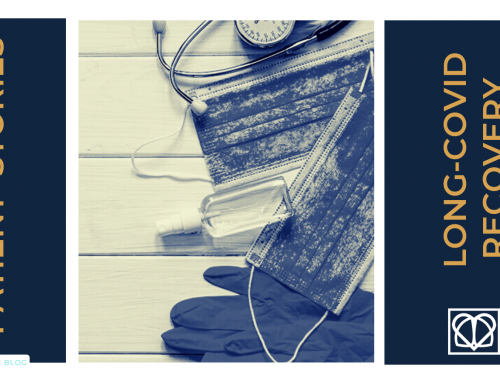
You may have noticed that the “Act FAST” adverts have returned to the TV, radio and press. It’s part of Public Health England’s campaign to raise awareness about how to tell if someone is having a stroke and what to do if you recognise the symptoms.
The FAST acronym has appeared in the advertising for a good few years now and highlights a simple test that can help people identify stroke symptoms:
- Face – has their face fallen on one side? Can they smile?
- Arms – can they raise both arms and keep them there?
- Speech – is their speech slurred?
- Time to call 999 if you see any one of these signs
Dealing with stroke early is vital – if your stroke is an ischaemic stroke, which means it is caused by a blood clot, then you could be treated with a clot-busting drug to try to disperse the clot and return the blood supply to your brain. The sooner you receive the drug the better, ideally it needs to be given within four and a half hours of the stroke symptoms starting to achieve maximum effect, so acting FAST is paramount.
Having a stroke doesn’t have to be an inevitability. Whatever your age or family history there are steps you can take within your own lifestyle that can help reduce your risks of having a stroke.
Take stock of your blood pressure
Having high blood pressure is a huge risk factor, with some statistics showing that your chance at least doubles, if not quadruples, when your blood pressure is high. Being aware of your blood pressure level is the first step: aiming for 120/80 – 135/85 is great, but for some people a less aggressive goal like 140/90 may be more appropriate, you can seek guidance specific to you from your GP.
To keep your blood pressure in check, try taking these steps:
- Salt intake – aim for less than half a teaspoon a day.
- Eat right – you should be eating at least 5 portions of fruit and vegetables every day, as well as lots of low-fat dairy and whole grains, and aim to eat fish 2/3 times a week.
- Avoid fast food – those high cholesterol foods like burgers and sugary treats will do nothing for reducing your blood pressure.
- Get moving – exercise needs to become part of your routine. Aim for at least 30 minutes a day.
- Stop smoking – if you smoke, it’s time to stop.
Keep your diet in check
Eating healthily can have a hugely positive effect on your risk of having a stroke, mainly because it keeps your blood pressure and cholesterol levels in check.
It’s all about maintaining a balance in your diet, which means sticking to a low-fat, high-fibre diet that includes plenty of fresh fruit and vegetables and wholegrains. Try not to eat too much of any single food, particularly processed foods and those foods high in salt.
Limit your alcohol intake
Drinking alcohol to excess not only leads to higher blood pressure but can cause an irregular heartbeat (atrial fibrillation). Alcohol is also high in sugar which means it can lead to weight gain. Heavy drinking increases the risk of stroke by more than three times.
Guidelines state that both men and women should not drink more than 14 units in a week on a regular basis and the intake of those units should be spread across at least 3 days.
Get up and get moving
Exercise is vital to maintaining a healthy body weight and keeping blood pressure and cholesterol on an even keel. Recommendations for adults aged 19-64 are to do 150 minutes (2.5 hours) of moderate-intensity aerobic activity, such as fast walking or cycling, every week.
It’s time to kick the habit
Quitting smoking reduces your risk of having a stroke – as well as having a positive impact on so many other diseases and health complications.
Smoking narrows your arteries because it increases the amount of plaque buildup in the blood vessels and it also thickens your blood. This means your risk of developing blood clots is much higher. Giving up is good for you, your health and that of your family.
You can ask your GP for advice, and you may be put on a smoking cessation programme. Your risk of stroke decreases after you give up so it really is never too late to kick the habit.
Aiming for a healthy life could see you living a happier and longer life so make sure you invest in YOU now and take the steps necessary to avoid your risk of having a stroke.




